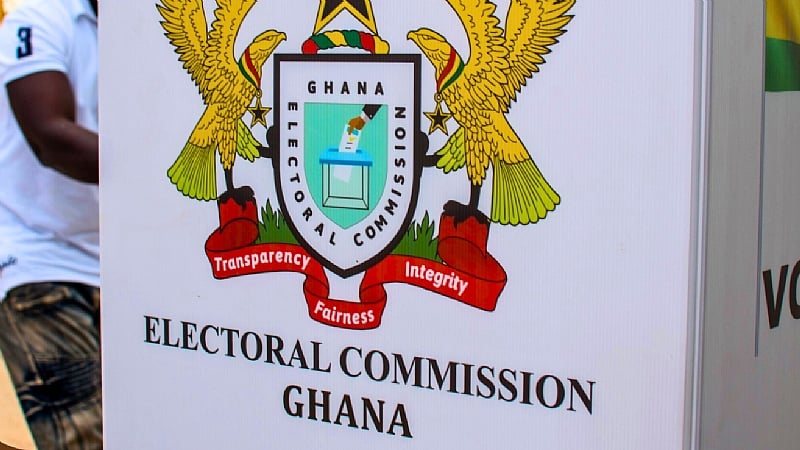Civil Society Organizations (CSOs) in Ghana are urging an urgent national dialogue to tackle the growing concerns and perceptions surrounding the Electoral Commission (EC) ahead of the country’s forthcoming 2024 general elections. This call was made during an election-focused webinar titled “Towards Peaceful, Inclusive Elections: Lessons from CSOs’ Experiences,” hosted by the STAR-Ghana Foundation. The significance of this dialogue stems from the belief that unresolved perceptions, particularly regarding the EC’s transparency and accountability, could adversely impact the integrity of the electoral process. The collaboration for the event included the Foreign, Commonwealth & Development Office (FCDO), reflecting a broader international interest in fostering democratic stability in Ghana as the elections approach.
As discussed in the webinar, criticisms about the EC, especially regarding the voters’ register, reflect deeper issues tied to public trust in the Commission. Alhaji Ibrahim-Tanko Amidu, Executive Director of STAR-Ghana Foundation, underscored that continued dissatisfaction from political parties over electoral processes will likely persist unless proactive measures are taken to alleviate these concerns. Emphasizing the need for early engagement in electoral affairs, Mr. Amidu proposed a national dialogue that brings together various stakeholders, including political entities and the citizenry, to restore public confidence in the EC. He warned that unresolved tensions could escalate, necessitating an immediate and transparent approach to mitigate potential conflicts.
Dr. Emmanuel Akwetey, the Executive Director of the Institute for Democratic Governance (IDEG), further highlighted the necessity for a multi-stakeholder approach in addressing election-related issues. He particularly stressed the importance of focusing on the process surrounding the voter register, suggesting the establishment of a stakeholder forum to discuss these matters. He advocated for enhanced support for the Peace Council, which is crucial in maintaining electoral stability but is currently under-resourced. Dr. Akwetey’s observations illustrate the critical role that a collaborative approach plays in addressing electoral violence and in pursuing necessary constitutional reforms that support multiparty democracy in Ghana.
Adding to the dialogue, Ms. Esther Tawiah, Executive Director of the Gender Centre for Empowering Development (GenCed), expressed concerns over the current process for appointing EC officials, which is concentrated too heavily in the hands of the President. She argued for reforms that would promote a more balanced and inclusive appointment process, consistent with the principles laid out in the Constitution. By advocating for changes that can bolster the independence and credibility of the EC, Ms. Tawiah further reinforces the sentiment that structural reforms are essential for improving legitimacy and public trust in Ghana’s electoral system.
The collective voices from the webinar reflect a growing consensus among CSOs that urgent reforms and dialogue are critical to ensuring peaceful and inclusive elections. The emphasis on stakeholder engagement is indicative of a broader strategy to enhance the electoral process, mitigate tensions, and address public concerns effectively. In light of the complexities surrounding electoral governance in Ghana, such dialogues provide an opportunity to build a cohesive approach that reinforces democratic values and electoral integrity.
Overall, the successful implementation of these recommendations could lead to a more credible electoral process in Ghana, paving the way for enhanced democratic governance in the 4th Republic. As the nation approaches the 2024 general elections, there is a pressing need for sustained discussions, transparency in processes, and greater involvement of various societal sectors to create an electoral environment characterized by peace, inclusivity, and fairness. This proactive engagement is essential to uphold Ghana’s democracy and ensure that public confidence in the electoral system is not only restored but strengthened for future electoral cycles.














